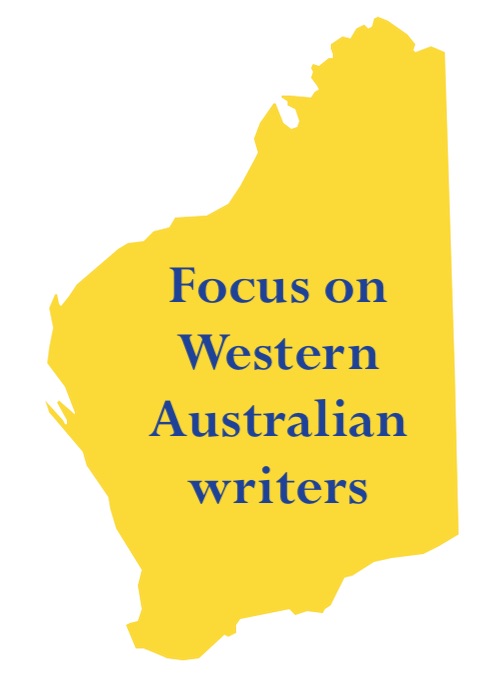Fiction – paperback; Fremantle Press; 400 pages; 2023.
Peter Burke’s The Silk Merchant’s Son is the story of European missionaries sent to Western Australia in the mid-19th century to convert the Indigenous population to Catholicism at the behest of Bishop John Brady of Perth.
Fabrice Cleriquot, the protagonist and silk merchant’s son of the title, joins the expedition to oversee its financial affairs. The expedition is funded by a large donation (“one hundred and ten thousand francs”) from a wealthy French woman who wants to ensure her money is “spent gradually and to purpose”.
Written in a bold, easy-to-read style, the novel pits Fabrice, an atheist who does “not approve of proselytising natives”, against the 27 missionaries — French priests and brothers, Irish nuns and catechists and Spanish Benedictines. He’s only going to Australia because he has no choice: his father wants him punished for “inappropriate acts” that brought disgrace upon the family.
Early days
The story charts the missionaries’ challenges and the political infighting among those supposedly in charge of the Swan River Colony (now modern-day Perth) in its early days of founding.
It does not paint a flattering portrait of anyone, not the least the missionaries, many of whom could not speak English and had different ideas about what they had been sent to Australia to do. The desire for money and titles also led to petty rivalries and unsavoury squabbles. In Bishop Brady’s case, it led to his eventual downfall and suspension from the Church.
It is Fabrice’s reactions to the missionaries’ actions that lend the novel its humanity. Although he knows that the priests, monks and nuns are well-meaning, he realises they do not fully understand the negative consequences of their actions on others, especially Aboriginal people who are uprooted from their homelands, forced to do manual labour, separated from family members, and forbidden from speaking their own languages — all under the guise of evangelising and “civilising” them.
It is, of course, heartbreaking.
Waning tension
I enjoyed this slice of historical fiction, which is interspersed with letters home written by different characters, but I felt the narrative tension sometimes waned. This was largely due to the focus shifting from character to character rather than sticking to Fabrice’s viewpoint throughout.
The story occasionally has a modern mindset, and the author’s agenda — to critique the missionaries’ supposed benevolence — is sometimes too obvious instead of letting the reader come to their own conclusions.
That said, The Silk Merchant’s Son took me on a fascinating journey and taught me much about the foundation of the Swan River Colony in 1845. I liked its exploration of class, money, organised religion and the mismatch between good intentions and terrible outcomes. It has important things to say about this country’s complex history.
 Peter Burke is a Perth doctor and writer of historical fiction. I read this book as part of my ongoing #FocusOnWestAustralianWriters project, which you can find out more about here. You can see all the books I’ve reviewed from this part of the world on my Focus on West Australian Writers page.
Peter Burke is a Perth doctor and writer of historical fiction. I read this book as part of my ongoing #FocusOnWestAustralianWriters project, which you can find out more about here. You can see all the books I’ve reviewed from this part of the world on my Focus on West Australian Writers page.


That’s a shame. It only seems to be available as an e-book here. So far. Despite the shortcomings you identify, it’s a book I would like to read.
LikeLike
Fremantle Press is a not-for-profit so I don’t think any of its titles are distributed outside of Australia, but it does always make them available as ebooks.
LikeLiked by 1 person
Fair enough. I’ve got some way to go before I embrace e-reading.
LikeLiked by 1 person
Thank you for this review. I’m in the U.S., and I especially appreciate seeing historical fiction from other countries. It continually surprises me to see how different countries treated their native peoples in similar overbearing ways.
LikeLike
Unfortunately, it’s what colonisers do… and the impact is long-lasting and spans centuries.
LikeLiked by 1 person
It sounds a bit heavy-handed…
LikeLike
I wouldn’t call it heavy handed just a bit obvious in some places. On the whole, I liked it, but think it would have been a better story told entirely from Fabrice’s point of view.
LikeLike